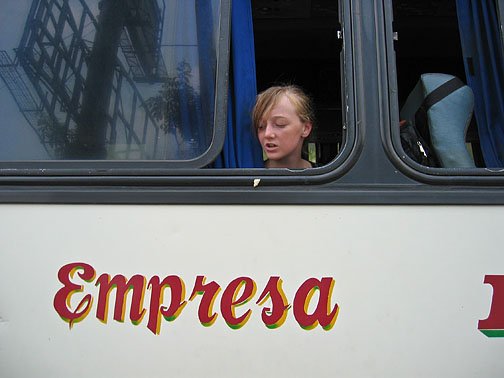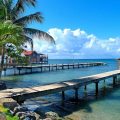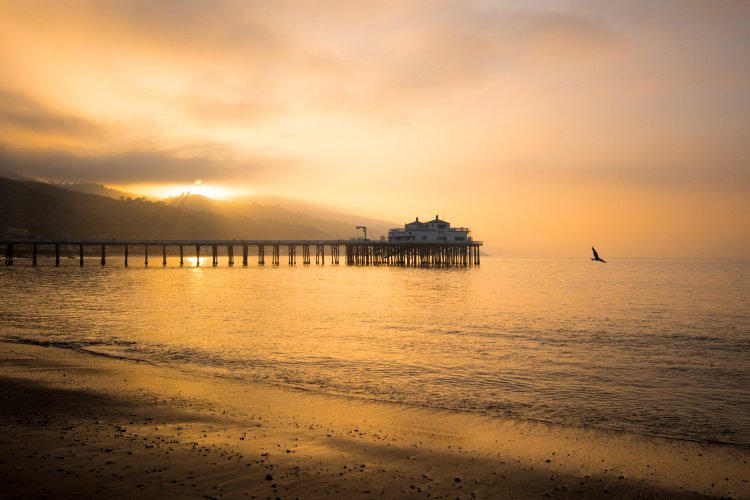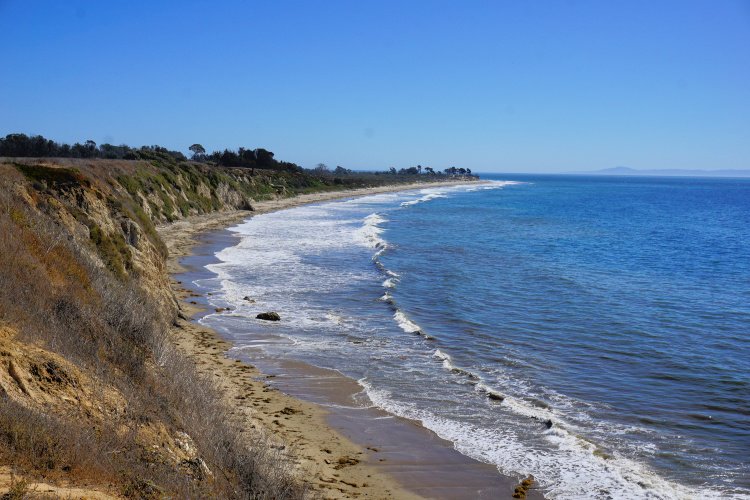In this article, I illustrate how distrust has made my travels more difficult.
At the ticket counter in San Salvador, I felt relieved when the agent told me it was possible to travel to Copan, Honduras without passing throughout Tegucigalpa. We weren’t sure there was such an option. Time and hassle saving thoughts inundated our minds.
All the effusiveness evaporated when we saw the transport. We ended on a 3rd class bus owned by a company named Congolon. Don’t ask me what that means in Spanish because I don’t know.
Buses traveling the routes between San Salvador and other Central American capitals can be quite nice. This is what you get when you want to do one of the “less” popular routes: broken seats, malfunctioning air-conditioned, sour (vomit?) smell, and sticky floors. Someone decided to block the restroom door with a glass tabletop. What. an. idea.
However, the somber panorama had positive aspects. The bus was almost empty so there was space to stretch. The ride to the border was straightforward (no stops, good roads).
Everything changed once we crossed into Honduras. While devouring two pieces of corn on the cob, my eyes widened as I saw the line of people waiting for the bus on the first stop after clearing customs.
A multitude, most with huge boxes and bags, entered the bus and occupied every available seat. There were fights for space, loud baby cries, and accidentals steps over feet. The tall, bronzed lady behind me was on her cell phone screaming to her husband. I had to pass the cell phone to her friend in front of me because she needed to call her mother.
People calmed a little bit once the bus started to move, the lights were turned off and the speakers blasted loud Salsa music. It is not so easy to keep up with the theatrical scene when a bus is violently avoiding potholes in a road surrounded by cliffs.
Guys from every age were recounting the events of their day. One went to the city close to the border for cars (he owned a dealership). He didn’t find anything good so he had to go back home on the bus. Another one was trying to find machinery for his coffee farm.
Soon they noticed us. A series of questions followed:
Where are you from? What are you doing in Honduras? How long are you staying in the country? At what hotel are you staying tonight?
I have a confession to make. I hesitated a lot to answer those questions. I didn’t want to be mean or ignore people. However, all the bad news and stories about Honduras had a detrimental effect on my mind. In a way, it made sense to get a full-blown attack of distrust.
“I am from Puerto Rico and he is from El Salvador” (didn’t mention we live in the United States).
“We will be visiting Copan and San Pedro Sula” (kept our plans vague and didn’t mention how long we are staying).
“Yes, I have a good idea of where I am going to stay” (total lie since we were depending on a travel guide but I didn’t want to be kidnapped).
At one point, I realized I was being ridiculous even childish. Since when I started to be so distrustful. Those guys were asking general questions because they were trying to be friendly. They were asking about the hotel because they wanted to help.
Yes, we were crammed in a bus late at night in the middle of an unknown country. However, I knew those guys were just trying to make us feel welcomed in Honduras.
I dropped the barriers and that made all the difference. The guys advised us to stay in Santa Rosa de Copan. It was too late to make it to Copan Ruinas.
One said he was going to show us some cheap hotels in town. Another one said it wasn’t necessary because his father in law was the owner of a hotel. A quick call got us a room. The guy took us to his father in law. He didn’t let me carry my suitcase.
************
In order to interact with locals in foreign countries, we need to open up. When, for some reason, we feel scared of sharing too much with others, a lot of the magic is gone. Moreover, the entire travel process gets more complicated.
Who we are going to ask for restaurant recommendations?
Who we are going to ask for directions when lost?
How are we going to learn about other cultures if are afraid of locals?
I don’t want to think about how we would have ended without our new bus friends. They made things so easy for us.
Maybe it is time to trust more (or learn how to deal with distrust in a constructive way). Complicated maps, outdated guides, and cell phone apps are not necessarily going to make our travel lives easier. We will always need others in every country we visit.
Do you agree that distrust complicated travel? What has happened to you in cases you haven’t trust locals? Let me know in the comments section below.






Anita says
Dear Ruth
Interesting article about our annyoing mistrust. I was travelling from Costa Rica to Mexico (across Nicaragua, Honduras, Guatemala, Belize) all by public bus and have just made great experiences with locals. I totally agree with your opinion, that we will always need others in every foreign country.
Katy says
That is one funky bus! I love it! When I began my travels in South America, I at first felt a bit uncomfortable of the lack of personal space and constant questions on public transport, but very quickly grew to love it. Cultural etiquette is so diverse, but getting to understand it and learning from other cultures is the most wonderful thing about travel. I totally agree with what you say – most people are good, decent folk who just want to be friendly 🙂